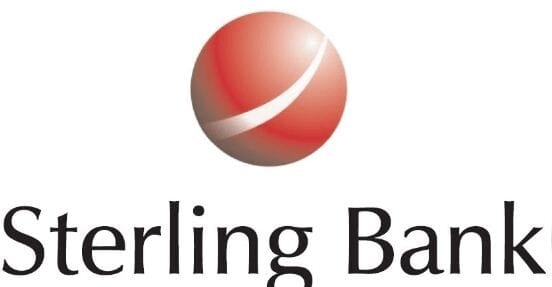Sterling Bank Plc‘s effort to improve internal efficiency has paid off as the financial house successfully reduced funding costs and improved profitability of its core banking operations in the first quarter of 2016.
Key extracts of the unaudited report and accounts of the Bank for the period ended last March 31, showed appreciable improvements in core underlying fundamentals, although macro-economic and industry headwinds subdued overall performance.
The report indicated that net interest margin, which measures the profitability of a bank’s lending operations, improved to 8 per cent in the first quarter of 2016 as against 7.4 per cent recorded in the comparable period of 2015.
The bank tightened grips on costs with cost of funds improving from 5.9 per cent in first quarter 2015 to 5.3 per cent in first quarter 2016.
Major highlights showed steady performance with net interest income increasing by 24.7 per cent to N11.4 billion in 2016 as against N9.2 billion in 2015.
This was driven by a 14.4 per cent decrease in interest expense resulting in a 940 basis points improvement in net interest margin to 56.9 per cent.
However, profit before tax, on the face of it, declined by 30.6 per cent to N2.8 billion in 2016 as against N4.0 billion in 2015.
But when adjusted for non-recurring items, which would have brought the 2015 figure to N2.7 billion, the 2016 figure represents a 3 per cent increase on fourth quarter 2015 and 2.4 per cent improvement over the same period last year. Also, while profit after tax declined by 35 per cent to N2.5 billion as against N3.9 billion in 2015, adjustment for non-recurring items would bring the 2015 first quarter figure to N2.6 billion. This depicts a marginal decline of 2.6 per cent.
Speaking on the bank’s outlook, Managing Director, Sterling Bank Plc, Yemi Adeola, said the bank adopted a cautious, but progressive approach to business due to the challenging macro-economic conditions.
He noted that low crude oil prices, fuel and power supply disruptions, as well as significant foreign exchange shortages have persisted, increasing the cost of doing business and heightening the pressure on household income.































